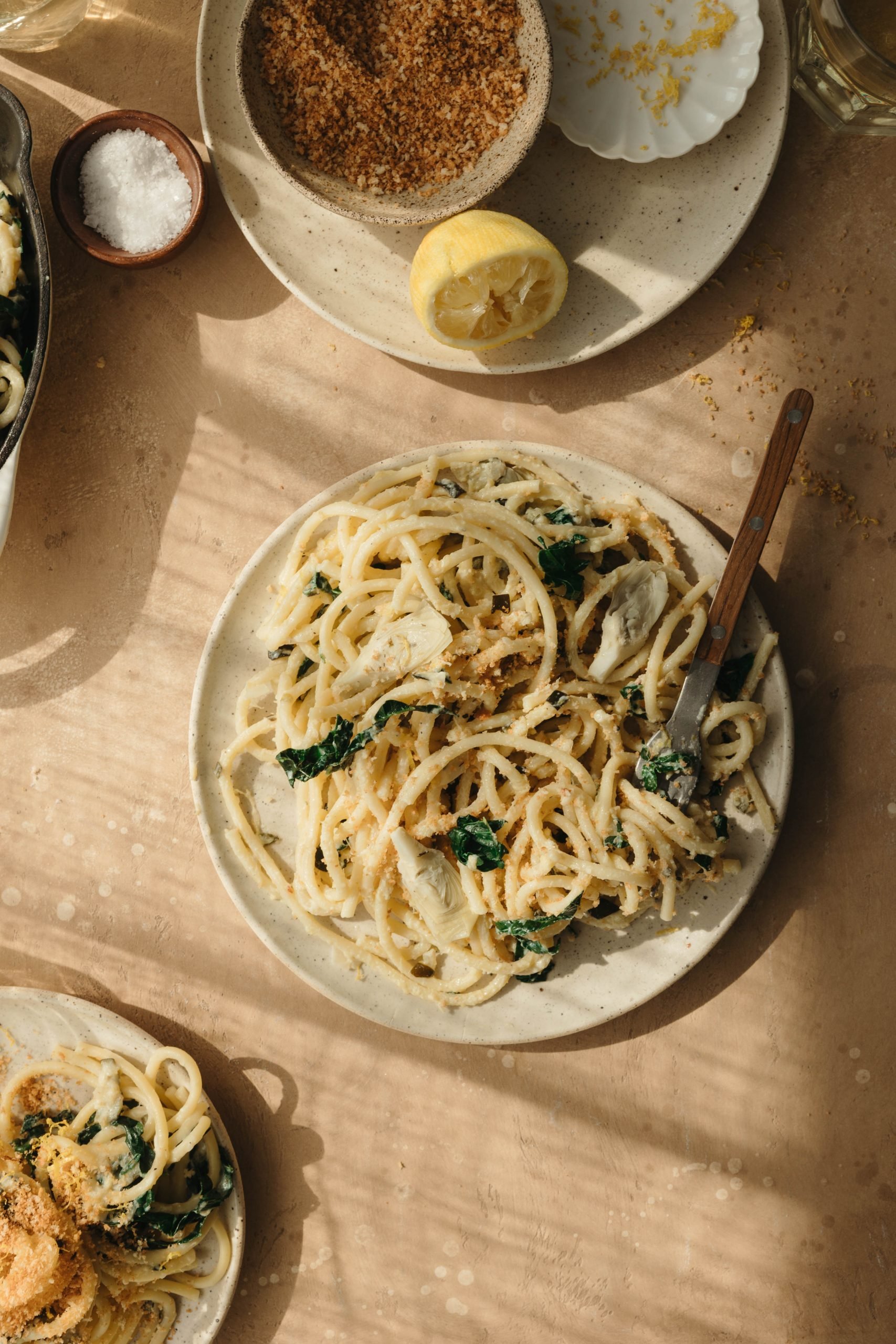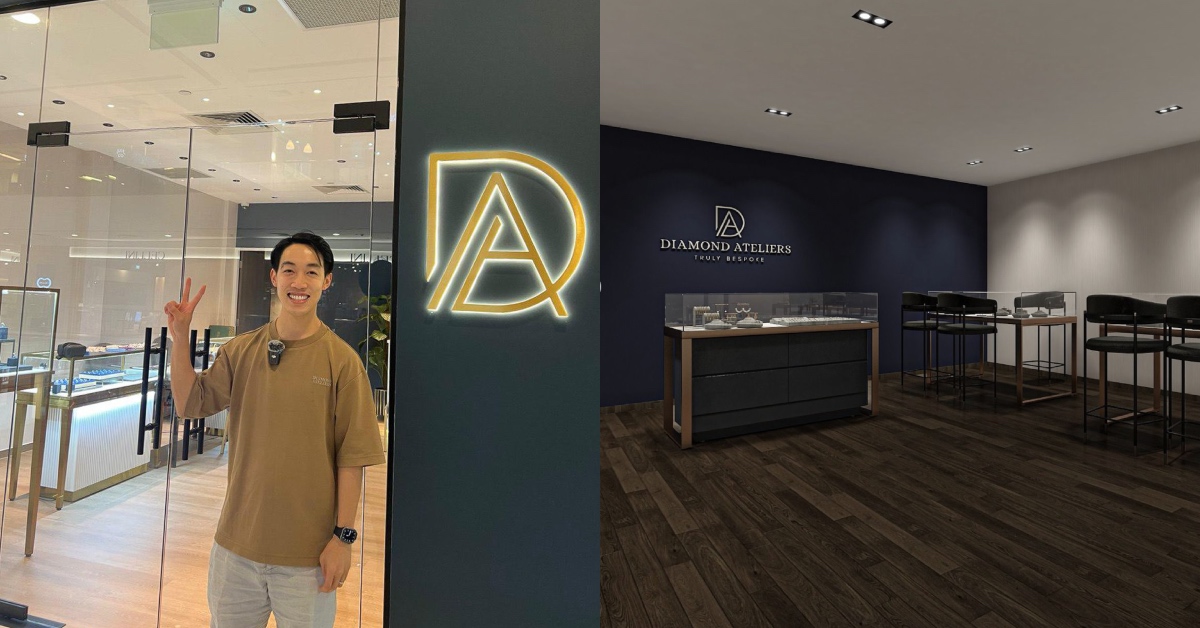How to Show Up For Kids Who’ve Lost a Parent



My dad died when I was 15. A couple months ago, I talked to grief therapist Natalie Greenberg, and she said something that stuck with me: “When you’re a young adult who loses a parent, friends often don’t show up how you want them to because they don’t have a blueprint to follow.”
I remember how crushed I had been when certain friends hadn’t checked in, and how seen I’d felt when others had given me long, lingering hugs. Now, with kids of my own, I want to teach them how to be there for grieving friends. Of course, I have my own experience to draw on, but I was curious what had helped (or hadn’t helped) others who had lost parents early in life. I spoke to three women, and here’s what they told me…

Carmel Breathnach, who lost her mother when she was 11
“A few months after my mother’s death, I went to my friend Susan’s house. We were sitting in front of the TV, eating sandwiches with her little sister, Audrey. I knew the family well and liked them all very much. For some reason, I blurted out my intense fear that I would become an orphan if anything were to happen to my devoted (and healthy) father. Without skipping a beat, Susan told me that if anything happened to my dad, her family would happily adopt me. I was stunned by her generosity and looked to her younger sister for confirmation. Little Audrey piped up in agreement. I then asked about my brother: what would happen to him? Susan confirmed that they would also adopt my older brother. This moving response calmed me instantly and while I still worried about my father, I felt certain that my brother and I would have somewhere safe and welcoming to go if anything bad happened.
“At that time, most of my friends were too young — eight, nine, 10 — to speak to me about my mother’s death. In recent years, a few even apologized for not supporting me during that time, but I assured them that they had, in their own childlike ways. They were kind, and we played together and laughed. This was all important and just what I needed.”

Erika Veurink, who lost her father at age 15
“After my best friend heard that my dad had been diagnosed with cancer, she slipped a chocolate bar into my locker. She’d skip class with me to sit on the fire escape and talk. Her dad was one of the first people my dad told, and I watched the interaction happen at a football game, curious why both of them were crying. It was a sacred experience from the second I found out.
“I was with my best friend when I got the call that my dad had passed. She and I were knotting fleece blankets with her mom, watching Gilmore Girls in her living room. It felt good to have a project while we were waiting for the inevitable. After we got the call from my mom at hospice, my friend and I piled into the backseat with blankets we’d knotted for everyone in my family, sobbing, including one for my dad, which I laid over his body.
“That summer, she and I spent hours hanging out on her lawn, walking to CVS, and watching more Gilmore Girls. We were 15 and her mom made sure we felt that way, even in the face of grief.
“During that time, I wanted my friends to act like everything was normal and to freak out with me, in waves. It sometimes felt great to get lost in a gossip session in the locker room. Other times, I wanted to scream hearing my friends complain about their dads after mine had passed. Mostly I wanted to be around people all the time. I spent a lot of time floating next to my friends at the pool, not saying anything at all. And that felt comforting!”

Jannelle Sanchez (myself), who lost her father at age 15
“A few days before my dad’s funeral, my mom asked if I wanted to invite a friend, and the first person that came to mind was my best friend since fifth grade. S was hilarious and knew me better than I knew myself. Also, she wasn’t a stranger to losing a parent. Her dad had had a stroke and passed away when she was eight. So, she knew was it was like to lose a father.
“But after my mom told her mom about my dad’s death, all I got was silence. No texts. No calls. When my mom sat down on my bed, I could tell from the look in her eyes that she was going to share news I didn’t want to hear: S didn’t want to go to the funeral. I felt like I had been punched in the gut.
“Now as an adult, I understand why S had pulled away. Dealing with death is so hard, especially as a child. Yes, her not reaching out made me feel alone and hurt. But now I know her distance stemmed from her own grief, not coldness or cruelty.
“Also, to be fair, I hadn’t reached out to her either. I never wrote her a text saying, ‘I really need you right now’ or asking if she was free for a phone call. In the thick of my grief, I didn’t know how to tell my friends what I needed from them. That all I really wanted was for one of them to show up at my house, hang out with me in my room, and tell me that everything would be okay. How I craved people’s physical presence. To hold a friend’s hand so long that my hand turned clammy. Or just sit next to them on a couch and not talk about anything.
“Thankfully, some friends did reach out. But the one that stuck out the most was so unexpected. The week after my dad passed and my mom had shared the news with everyone, I was walking up the spiral staircase at our church, making my way to our weekly youth group. With every step, I felt anxiety grow heavier in my chest. Is everyone going to now see me as the girl whose dad died? Are people going to act weird? But once I reached the top of the staircase I heard a bright, ‘Jannelle-y!!!’ and saw my friend Chloe running down the hall. She scooped me up in a big, warm hug, and handed me a piece of paper. On it were two smiling stick figures in triangle dresses with straw-like hair. They were holding hands. All I wanted during that time was a friend to hold my hand, and there it was, manifested on paper.”

Natalie Greenberg, who lost her mother at 23
“After my mom died, my friends didn’t really know how to be there for me. They would say vague, open-ended things, like ‘Hey, how are you doing?’ or ‘I’m here if you need anything.’ And those are hard to respond to when you feel like your world has turned upside down.
“One gesture that meant a lot happened years after my mother’s death. A friend had saved the date of mom’s death anniversary on her phone, and on that day she sent me a really sweet text and then asked, ‘Do you want to go for ice cream tonight?’ The way she reached out and acknowledged the loss of my mother was so thoughtful. It also felt so much more personal than sending flowers because it was an activity we can do together, where we could chat and I could get my mind off the heaviness of that day. Saving the death anniversary of a friend’s loved one in your phone takes two seconds, and it can mean the world to someone when you text them on that day.
“Now as a mother, I want to teach my kid how to be empathetic when a friend is grieving and to check in. And not just check in once but periodically — weeks, months and years later. Talking about the death of a parent isn’t a one-time conversation, because I think that’s where the stigma builds up and it becomes this dark, scary thing. It’s going to stick with someone for the rest of their life. Consistently opening that door of communication and creating a space to talk about a friend’s grief will benefit everyone.”
Did you lose a loved one when you were younger? What did people say or do that brought you comfort?
P.S. How to talk to kids about death and how do you think about death?






